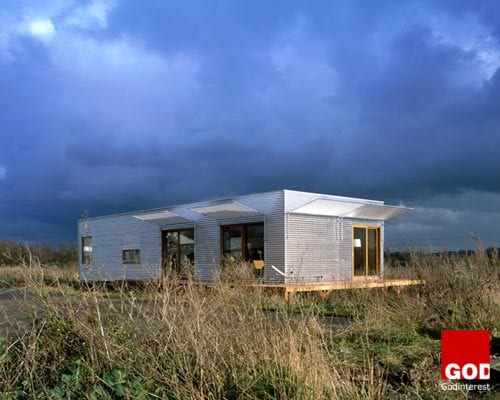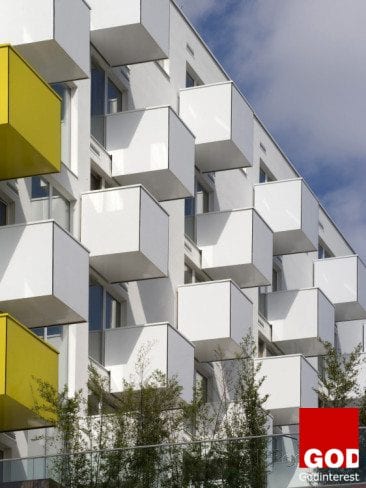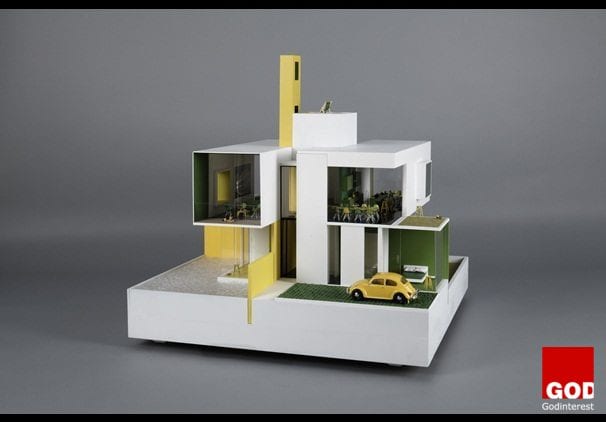At the risk of sounding like one of those zealots, it is time that we begin to openly draw a distinction between our Lord’s Ecclesia and Constantine’s Church. All of us that are serious about our relationship with our Father and our walk of faith have recited, or at the very least heard it recited, the statement Jesus spoke to Simon Peter: “And I say also unto thee, that thou art Peter, and upon this rock I will build my church, and the gates of hell shall not prevail against it”. When we read the word “church” in this passage, we immediately begin to visualize a building or a group of buildings—because that is how we’ve come to understand “church” as we know it—and equate that to what Jesus said as written in the quoted passage. Or perhaps we envision a group of people that congregate in a building on Sundays or some other day during the week.
For the last 406 years, most of the Christian world has been conditioned by the teachings of the King James Version (KJV) of the Holy Bible. For the most part, this translation has served a very important role in shaping the ideals and beliefs of people and nations around the world. For the purposes of this article, I want to address a specific point of conflict with the way the KJV text translated a particular word from its original use. That point is this: “how did the word ‘ecclesia’ get replaced with the word ‘church’”? The answer to this question will no doubt offend some and open the eyes of others. Nonetheless, it is a question that anyone who is serious about their walk of faith should consider.
One of the other agendas of the KJV translators was the change of the word “ecclesia” to the word “church”.
During the creation of the KJV one of the mandates of King James I of England to his team of translators was that they were to ensure that the new version would conform to the ecclesiology (that is, simply put, the doctrinal beliefs, architecture, and adornment) and reflect the Episcopal (Bishop’s oversight) structure of the Church of England and its belief in an ordained clergy. If this was the only instruction to the translators, it alone would have been enough to call into question the purity of their finished work, or at the very least, it would lead to the inevitable concern about a hidden agenda regarding the final work. But this was not the only coercion. One of the other agendas of the translators was the change of the word “ecclesia” to the word “church”. I’ll deal with “ecclesia” later in this article. For now, let’s focus our attention on the word substituted in the place of “ecclesia”.
“Church” was originally used by Emperor Constantine when he made Christianity the state religion of Rome around 310 A.D. Thus the word “church” became the standard of assembly for the Christian religion, and has continued to be used this way ever since. By the time of the creation of the KJV, the word church presented itself as a satisfactory pawn for King James to perpetuate the superiority of the English monarchy over the Kingdom government of the Body of Christ.
Throughout the KJV translation, the word “church” was substituted for the Latin word “ecclesia”. These two words do not mean the same thing, neither do they derive from a common word; in fact, they convey two significantly different understandings. In short, the translators of the KJV deliberately altered the meaning of critical passages of scripture to divert the reader’s and believer’s understanding as it pertains to who Jesus declared them to be, and what our position in the Kingdom of Heaven truly is.
The word “church” was substituted 112 times for the word “ecclesia”
The word “church” was substituted 112 times for the word “ecclesia”. There are three other translations of the same word into the word “assembly”. One could easily become suspicious as to why these three instances were not also translated “church”. Given that the words do not mean the same thing, why would the translators make such an obvious alteration to the “Holy Scriptures”? The exact answer cannot be definitively concluded, but it is not hard to arrive at a reasonable conjecture of a deliberate agenda to alter our understanding of our Kingdom position relative to the state’s desire to maintain control of the Christian religion.
So what does the word “church” really mean? In the earlier Greek, it was pronounced “kuriakos” or “kuriakon.” The meaning of ” kuriakos ” is understood by its root, ” kuriakos,” which means “lord.” Thus, “kuriakos” (i.e.,”church”) means “pertaining to the lord.” It refers to something that pertains to or belongs to, a lord. (Note the usage of the lowercase letter “L” here”¦this particular usage refers to someone having power, authority, or influence over someone, and generally refers to someone in the position of a master or ruler in an established monarchy.) The Greek “kuriakos” eventually came to be used in Old English form as “cirice” (kee-ree-ke), then “churche” (kerke), and eventually “church” in its traditional pronunciation. Church from its original Old English meaning referred to a public place of worship.
Paul and Silas was not building churches they were establishing the Ecclesia!
Now let’s look at the word “ecclesia”. Ecclesia [from medieval Latin and Greek, meaning “summoned” or “called out”] means “a regularly convoked assembly”, especially the general assembly of Athenians. It was the name given to the governmental assembly of the city of Athens, duly convoked by proper officers and possessing all political power including even juridical functions. Consider Acts 17:1-7, and in particular verse 7: “Whom Jason hath received: and these all do contrary to the decrees of Caesar, saying that there is another king, one Jesus”. We can see here that what Paul and Silas were doing was inciting insurrection among all those that would hear and believe their preaching. They were not trying to change Judaism, they were establishing the ecclesia.
The Ecclesia is NOT the “church”. This is something that believers have been told since the days of Constantine, in order to exercise control over us and to keep us from understanding the true identity of our dominion. We, the Ecclesia, are the governing body of our Lord in the Kingdom of Heaven. Now, in this season, Holy Spirit is once again raising up voices to give understanding to the Ecclesia”¦that we are not “the church” as we have been told. He is revealing to us that we must come out of this Constantinian religious system and begin to embrace our true sonship, our inheritance, and our authority as heirs of righteousness and heirs of promise.
In this season, those who are hungry for the truth of our identity will begin to hear the sound of the call to the Ecclesia. I encourage you to pursue that sound as it will lead you to its source: Holy Spirit! There you will find the truth of who you were created to be. There you will find true worship of your Father in heaven. There you will find your place in the Godhead. Don’t be afraid of what you begin to hear. Holy Spirit will not allow you to be misled or seduced. He will guide you into ALL Truth.
BLESSINGS!








